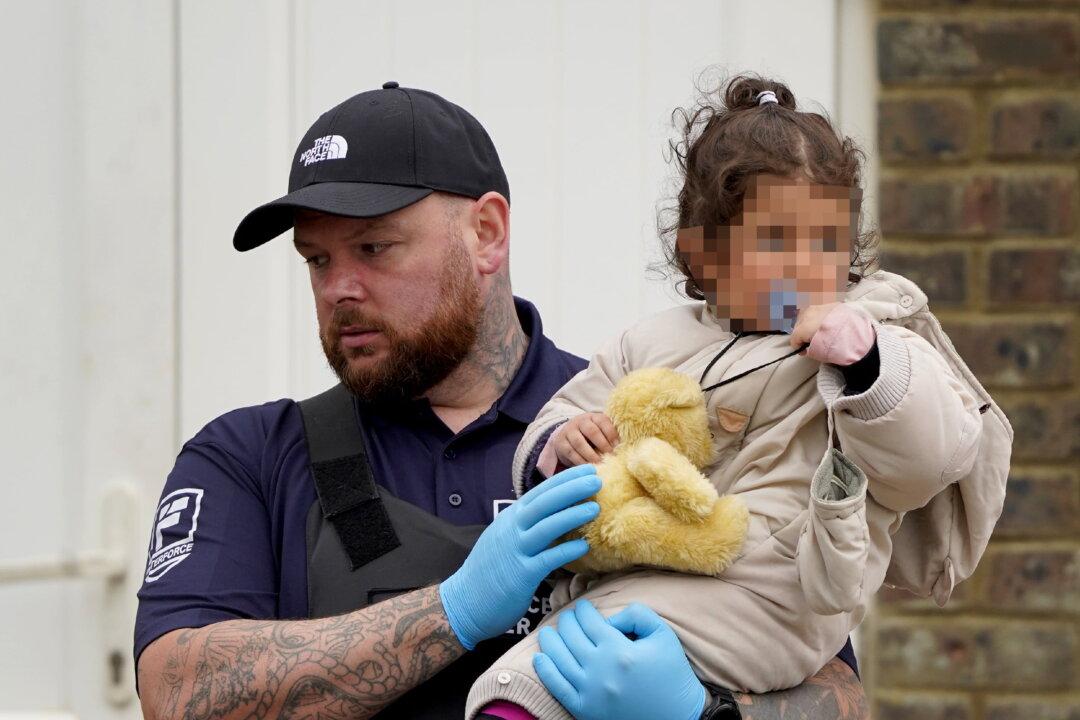A leading human rights lawyer has told the government how she is increasingly representing Albanian children trafficked into the UK for crime purposes.
Danny Bayraktarova told the Home Affairs Select Committee that Albanian teenagers make up a large proportion of her caseload with many being criminally exploited by “highly organised” international people-smuggling gangs.





